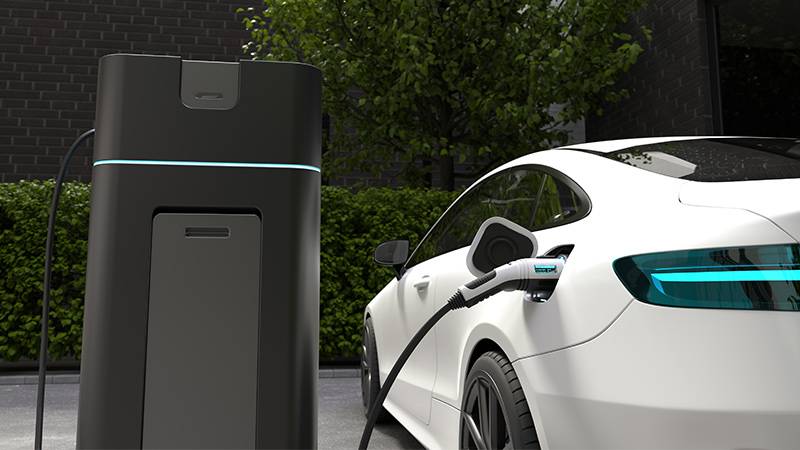The upcoming “Blue Oval City” in west Tennessee, a large automotive manufacturing complex for electric vehicles (EVs), is stirring a blend of excitement and apprehension among local communities. This joint venture between Ford and SK Innovation is set to bring 6,000 jobs to the small, rural areas around Stanton, Tennessee, and is expected to benefit surrounding towns. However, this multi-billion-dollar project is also causing unease among the local working-class, predominantly Black communities, who are concerned about the potential changes to their lifestyle, environment, and resource utilization.
Residents are wary of the possible environmental impacts and the influx of new people and development. Their concerns reflect a broader skepticism towards energy transition projects like solar fields and wind farms, which have faced similar issues regarding their size, industrial activity, and environmental consequences. In response, local communities are proactively engaging with Ford and SK Innovation to negotiate a Community Benefits Agreement (CBA). This agreement aims to ensure that residents benefit equally from the development.
During recent community meetings, locals have drafted a list of demands, including resources like youth facilities, road maintenance support, and apprenticeship programs, along with assurances for proper waste disposal. Kathleen Mulligan from Cornell University highlights the importance of such agreements in bringing democracy into economic decision-making, giving workers and residents a voice.
Now, CBAs are increasingly being used to address clean energy developments. According to the Sabine Climate Change Law Center at Columbia University, more than a dozen have been signed since 2015, many of them in the last three years. The contracts resulted in projects agreeing to give preference to local hires, and in companies sharing revenue with the county in which they operate. An offshore wind facility in Maine even underwrote rural broadband access.
Historically, CBAs have been instrumental in various industries, including entertainment and sports, to ensure community benefits like higher wages, affordable housing, and support for local businesses. Recently, these agreements have been increasingly applied to clean energy developments, addressing issues like local hiring preferences and revenue sharing with local counties, according to Grist.
In Tennessee, the Blue Oval project, backed by a $9.2 billion loan from the Department of Energy, represents a significant shift towards clean energy, especially in the Southeast’s “Battery Belt.” However, the region’s lax environmental and safety regulations, coupled with its “right-to-work” laws, raise concerns about the standards of these projects. The Inflation Reduction Act and bipartisan infrastructure law mandate a “community benefits plan” for federal funding recipients, but advocates argue that CBAs are essential for real accountability and community involvement.
Despite challenges, local leaders like Vonda McDaniel are optimistic about the potential of CBAs to empower communities and ensure equitable development. They plan to present a complete draft of the agreement to Ford in the new year. While immediate success is uncertain, the process has strengthened community bonds and opened doors for future organizing efforts, signifying a crucial step in balancing economic growth with the welfare of local communities.
More inspiring green news similar to this:


